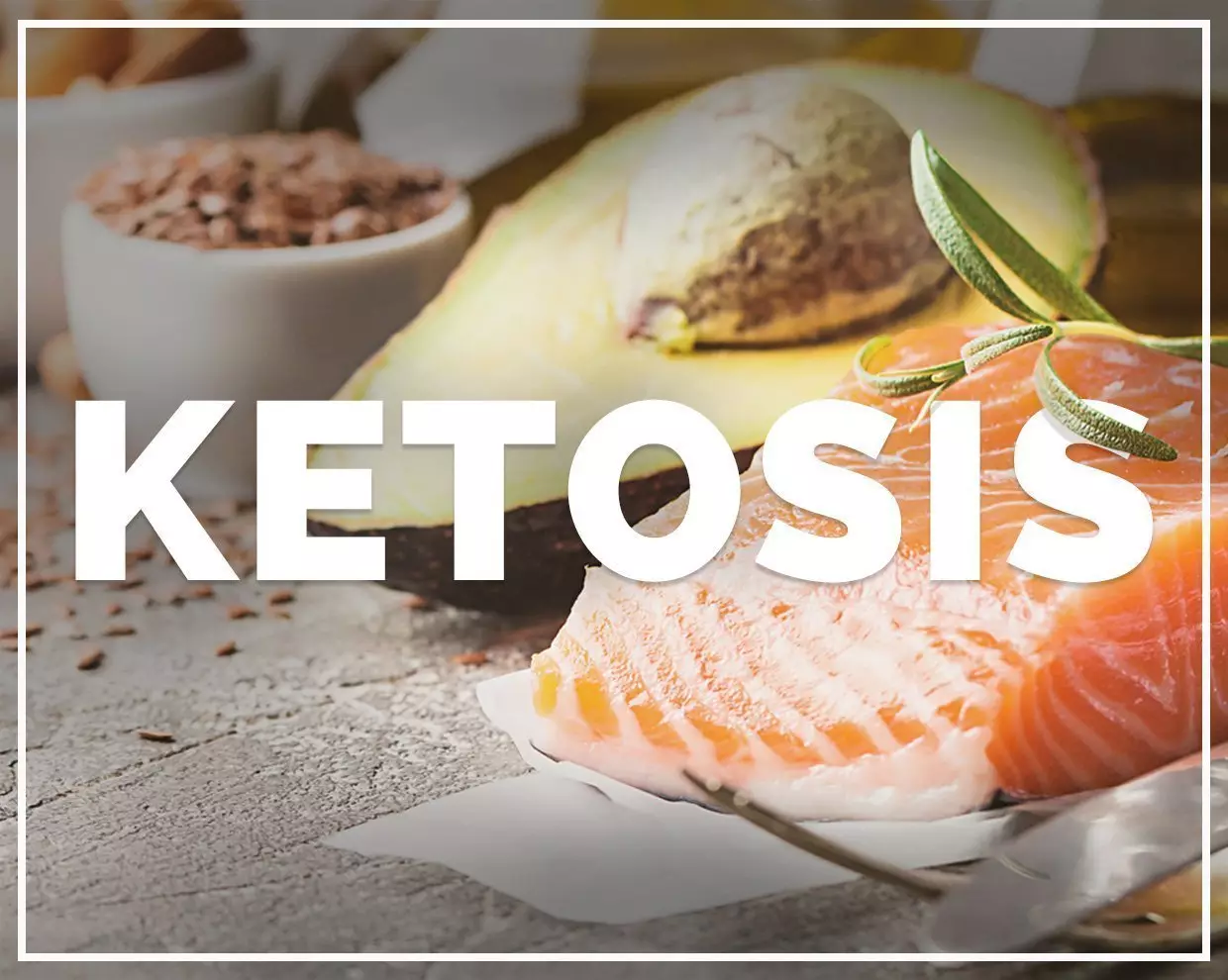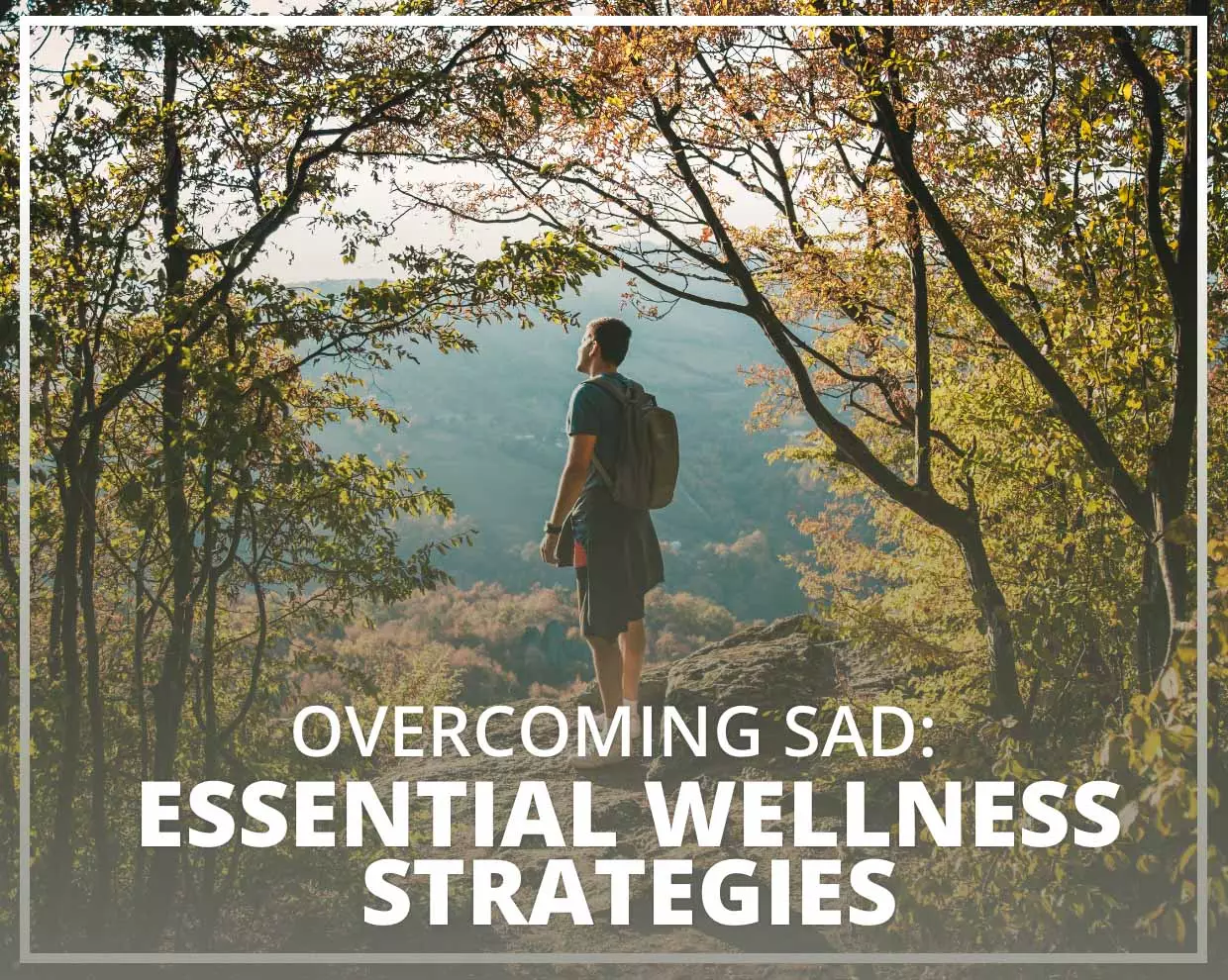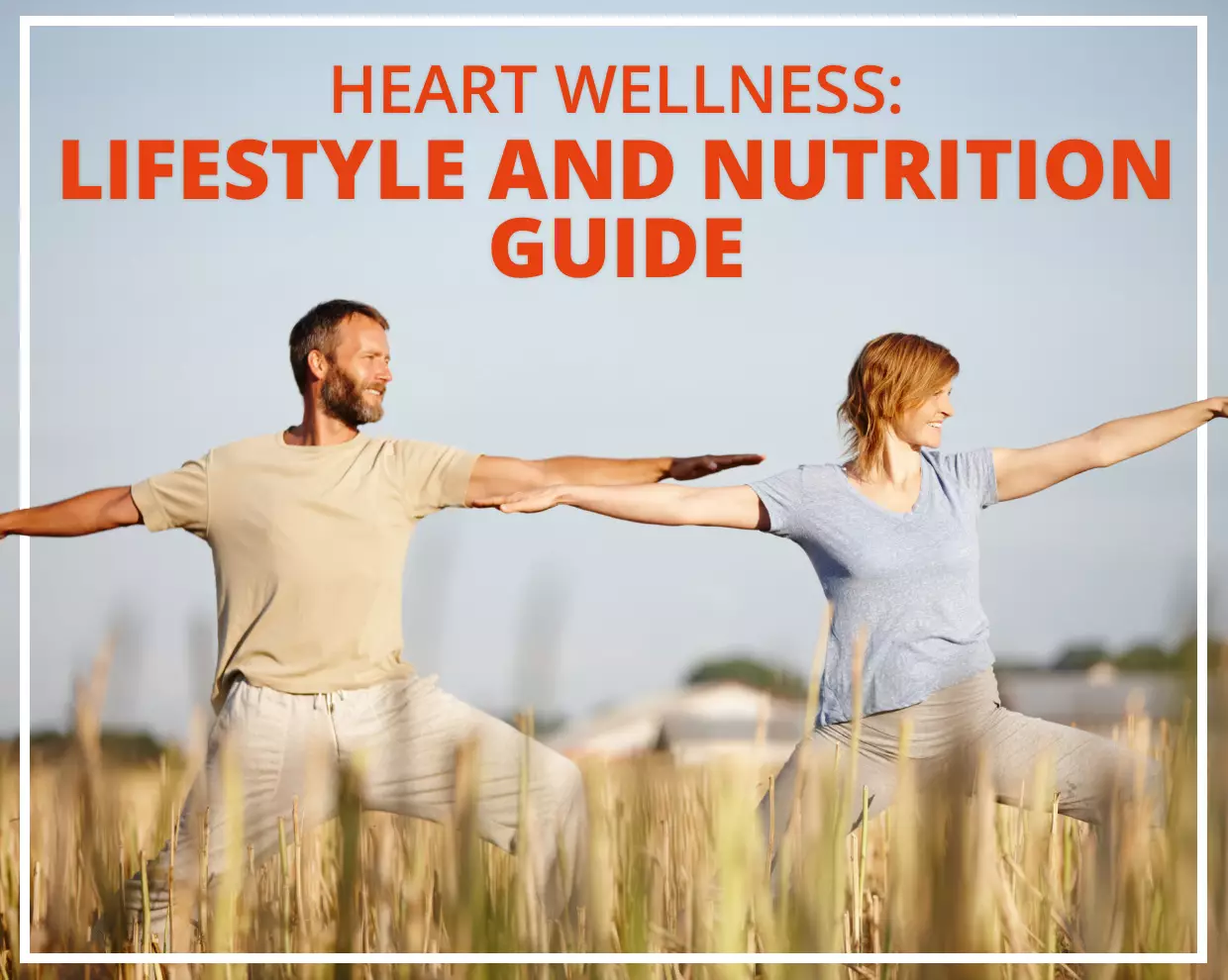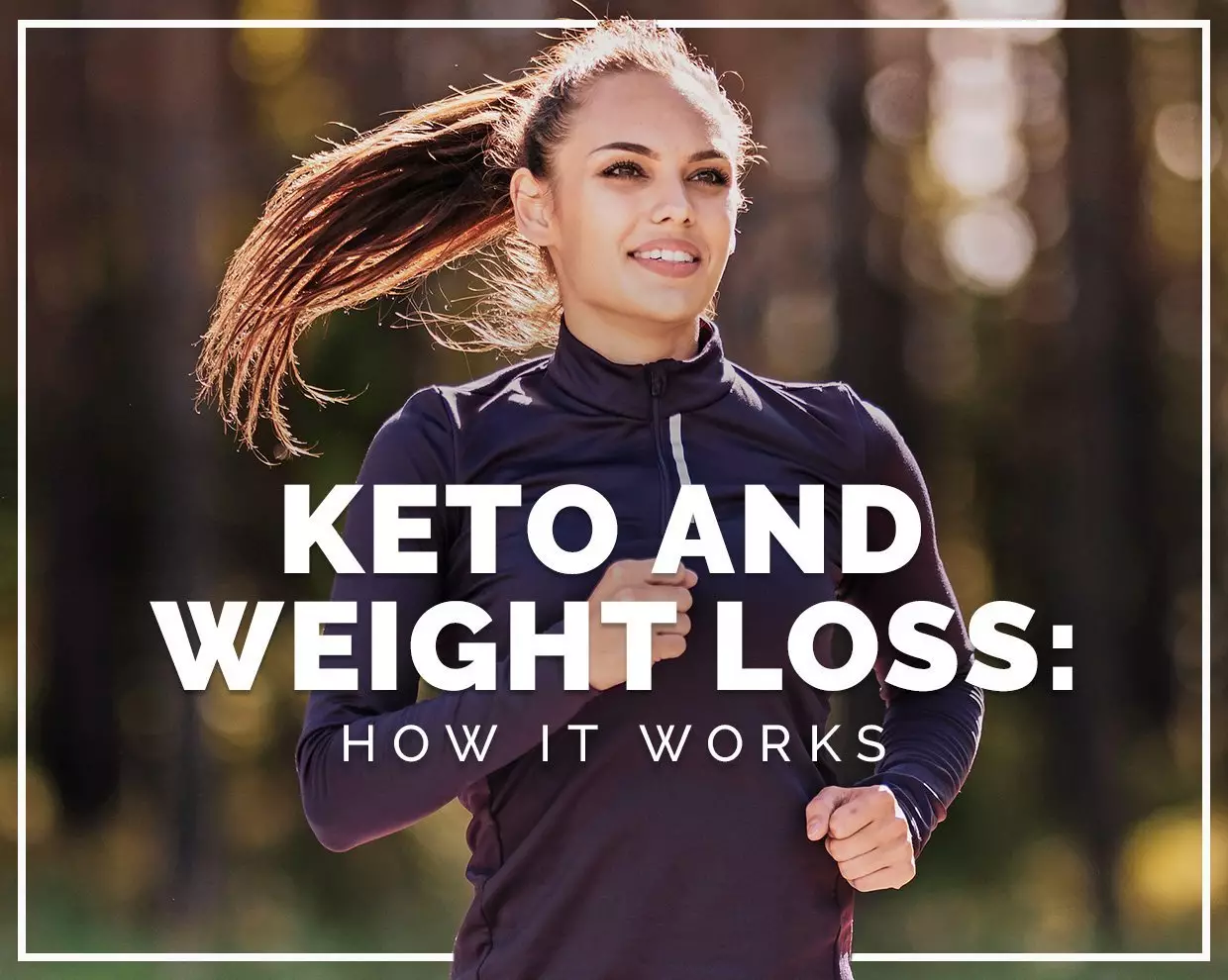Eating a low carbohydrate high fat or “ketogenic” diet is a complete paradigm shift from the fat-phobic dietary advice we’ve been given in the past thirty years. The use of ketogenic diets as a treatment for epilepsy is well established, where it has been used as an alternative to medication since the 1920’s. More recent research has unveiled the mechanism for the anti-inflammatory effect that ketones have on our bodies(1). There is now a great deal of research in this area and recent studies have shown that a ketogenic diet can help with weight loss(2), improve heart health(3,4), be used to treat Type 2 diabetes(5), neurological diseases(6) and a number of cancers(7).
What are ketones?
There are two sources of fuel for the human body - glucose and ketones. Ketones are produced by the liver from the breaking down of fat cells. Your body will produce ketones if you are fasting, after prolonged periods of exercise, or if you are following a ketogenic or Low Carb High Fat (LCHF) diet which is generally <50gms of carbs per day, depending on the person.
Is ketosis normal?
Being in a state of ketosis would have been a common occurrence for our ancestors as carb heavy foods were scarce for most of human evolution. Without a steady stream of glucose to fuel your body, glycogen levels are depleted forcing your body to turn to fat as a source of fuel. So while most hunter gatherers would probably have cycled in and out of ketosis quite regularly, our modern diet provides constant access to carb-rich and often sugar loaded foods. This means that the average person won’t get much of a chance to be ‘in ketosis’.
What can I eat?
When following a ketogenic diet you can eat generous amounts of saturated fat, medium amounts of protein and fewer than 50g of carbs per day which you could get from a large serving of green veges and/or a few nuts and seeds. Keto staples include organic meats, coconut oil, ghee, eggs, fish, seafood, avocados, berries, a range of colourful vegetables and lashings of butter! Foods to avoid include grains, starchy vegetables and some fruits like bananas, apples, grapes and most tropical fruit which has a high sugar content. You need to be careful not to overdo the protein either as that may knock you out of ketosis.
How do I start?
When you first begin a ketogenic diet, your body needs to shift fuel sources from glucose to ketones. There can be a number of temporary side effects including brain fog, tiredness and irritability which may be worse the first time you try this way of eating. Sometimes referred to as “keto-flu”, this lasts a couple of days until your glycogen stores have depleted and your body starts producing ketones. To become fully keto or fat-adapted can take many weeks or even months until the body is completely adjusted to a LCHF diet(8).
One thing that can make it easier to adapt and maintain a LCHF diet is to take Bulletproof's Brain Octane Oil which rapidly converts into ketones in your body. Bulletproof coffee with Upgraded Octane Oil is a good option as it boosts energy levels and cognitive function so you start the day feeling sharp and full of (coffee) beans.
Will I feel hungry following a ketogenic diet?
Because you are including liberal amounts of fat with your meals you are unlikely to feel hungry when following the ketogenic diet. For people who find they do get hungry between meals we recommend adding more Bulletproof's Brain Octane Oil.
Monitoring your ketones
Nutritional ketosis is defined by serum ketones in the blood ranging from 0.5mM - 3.0mM. There are a few different options for monitoring your ketones, including a skin prick test (most accurate but costly), breath test (easy but not as accurate) or urine ketone strips (which can be a bit of a hassle!). However you may find that once you experiment with different foods you get a pretty good sense of which foods work for your body in maintaining a state of ketosis. In the early stages it can also be handy to track your food via an app such as MyKeto.
What are the dangers of the ketogenic diet?
It is worth talking to your healthcare practitioner before embarking on a new diet, particularly if you are pregnant, breastfeeding or have an underlying medical condition. Note that ketosis is not to be confused with ketoacidosis, a life threatening complication which usually affects people with Type 1 Diabetes.
Should everyone be eating ketogenic?
Going keto may help people with specific health goals - it’s particularly powerful for someone who wants to lose weight. Once you are fully keto-adapted you may find you have better mental clarity and energy levels than you experienced on a standard or even paleo-type diet. However eating a ketogenic diet is not for everyone, and some people experience ongoing issues like dry eyes, brain fog and adrenal fatigue. Dry eyes may be a sign of low mucous production, so you may need to add some starchy vegetables such as sweet potato into your diet. As an alternative to eating keto continuously, the Bulletproof diet recommends eating a LCHF diet for 5 - 6 days of week and having a carb ‘refeed’ day which should mitigate these issues for most people.
2. https://www.ncbi.nlm.nih.gov/pubmed/23651522
3. https://www.ncbi.nlm.nih.gov/pubmed/19082851/
4. https://www.ncbi.nlm.nih.gov/pubmed/12097663
5. https://www.ncbi.nlm.nih.gov/pmc/articles/PMC1325029/
6. https://www.ncbi.nlm.nih.gov/pmc/articles/PMC3826507/
7. https://www.ncbi.nlm.nih.gov/pmc/articles/PMC4215472/
8. https://www.sciencedaily.com/releases/2015/11/151117091234.htm

 NZ Store
NZ Store  UK Store
UK Store AU Store
AU Store EU Store
EU Store










